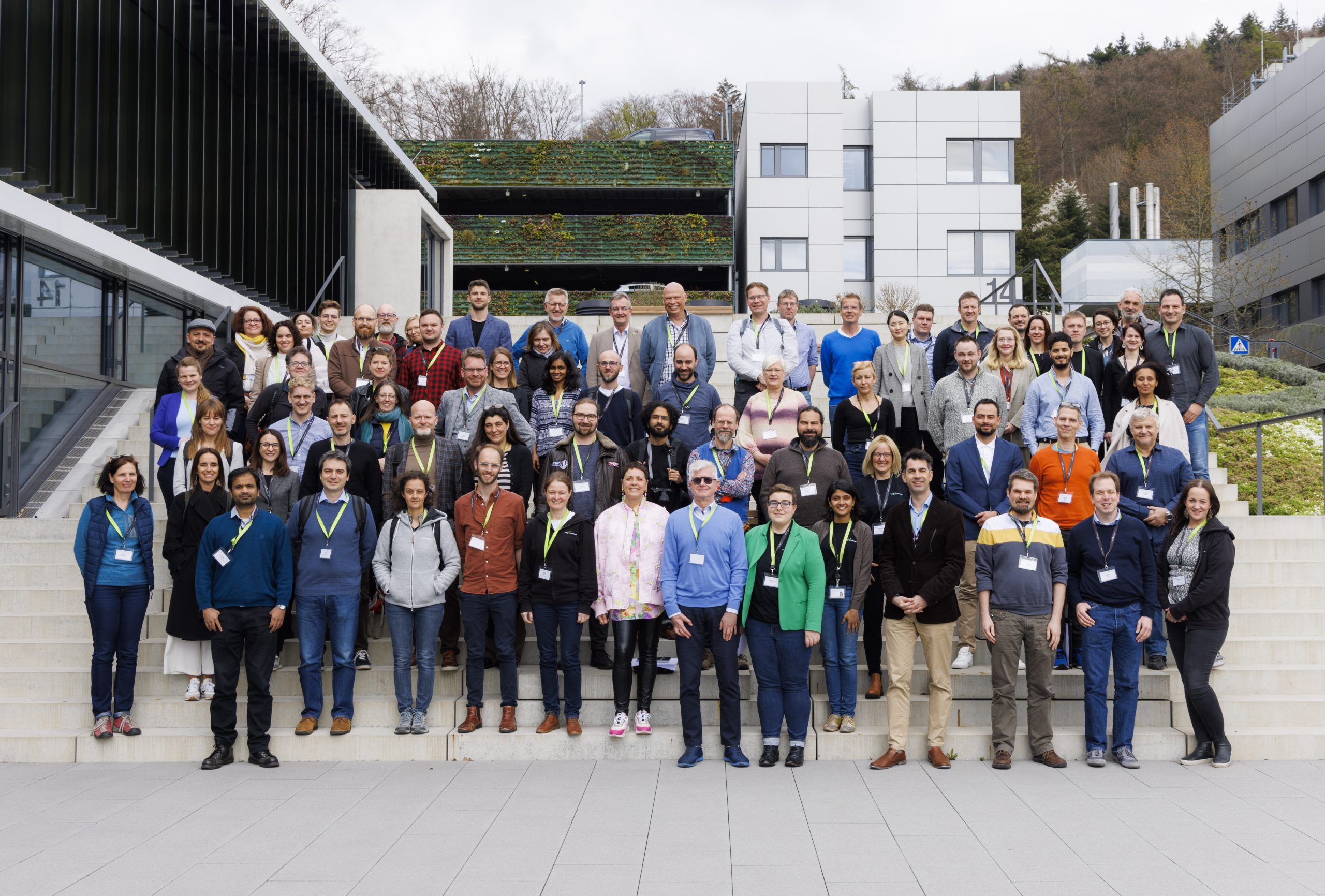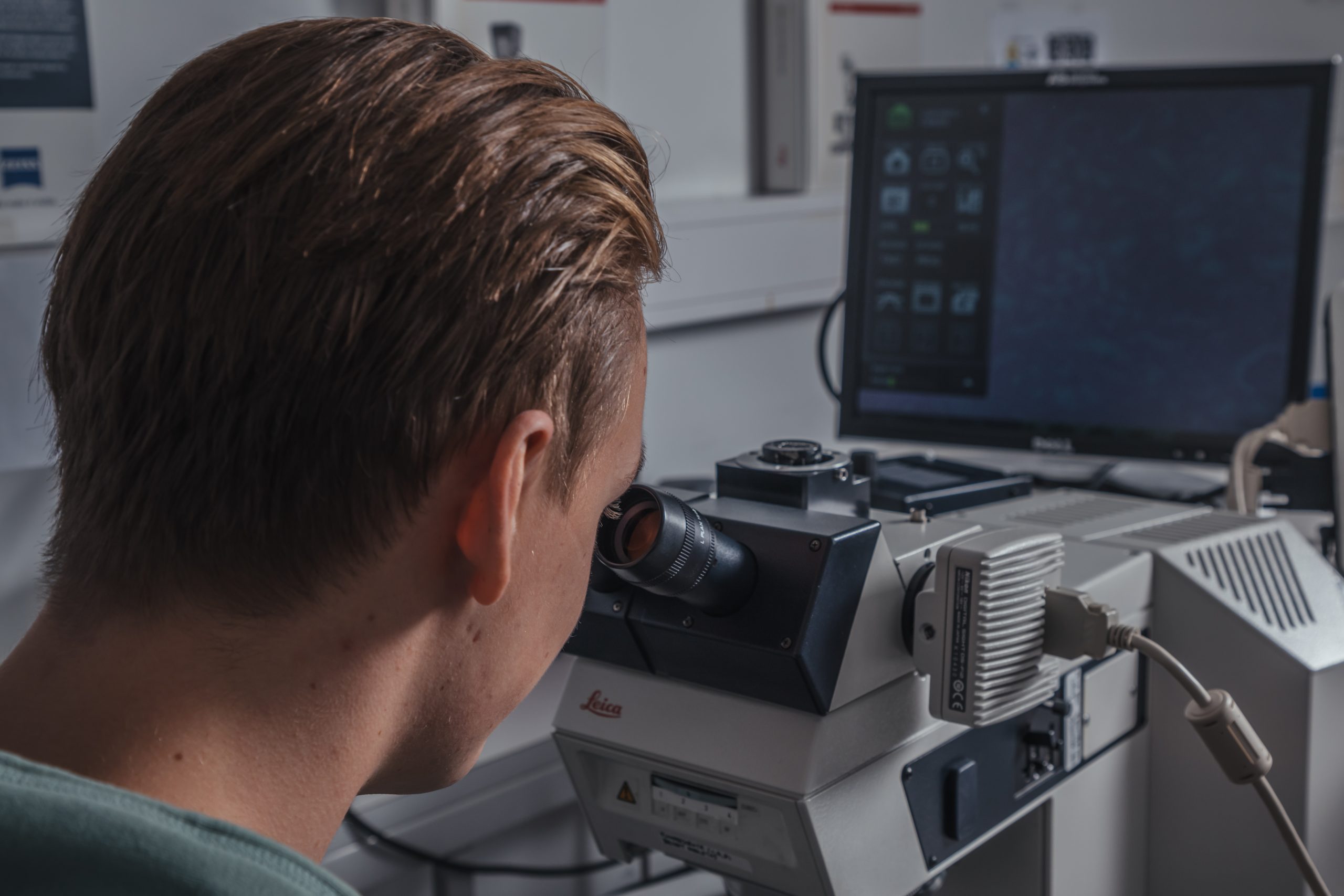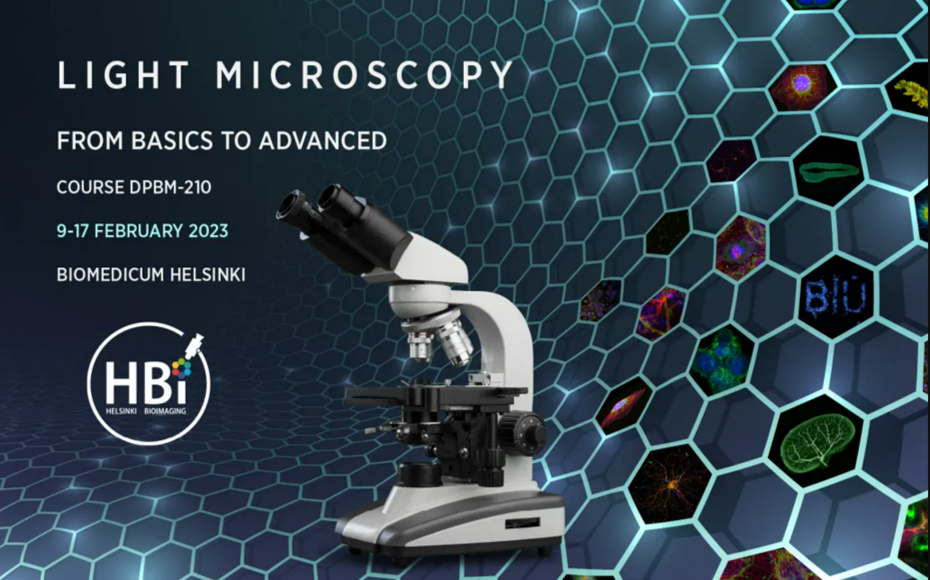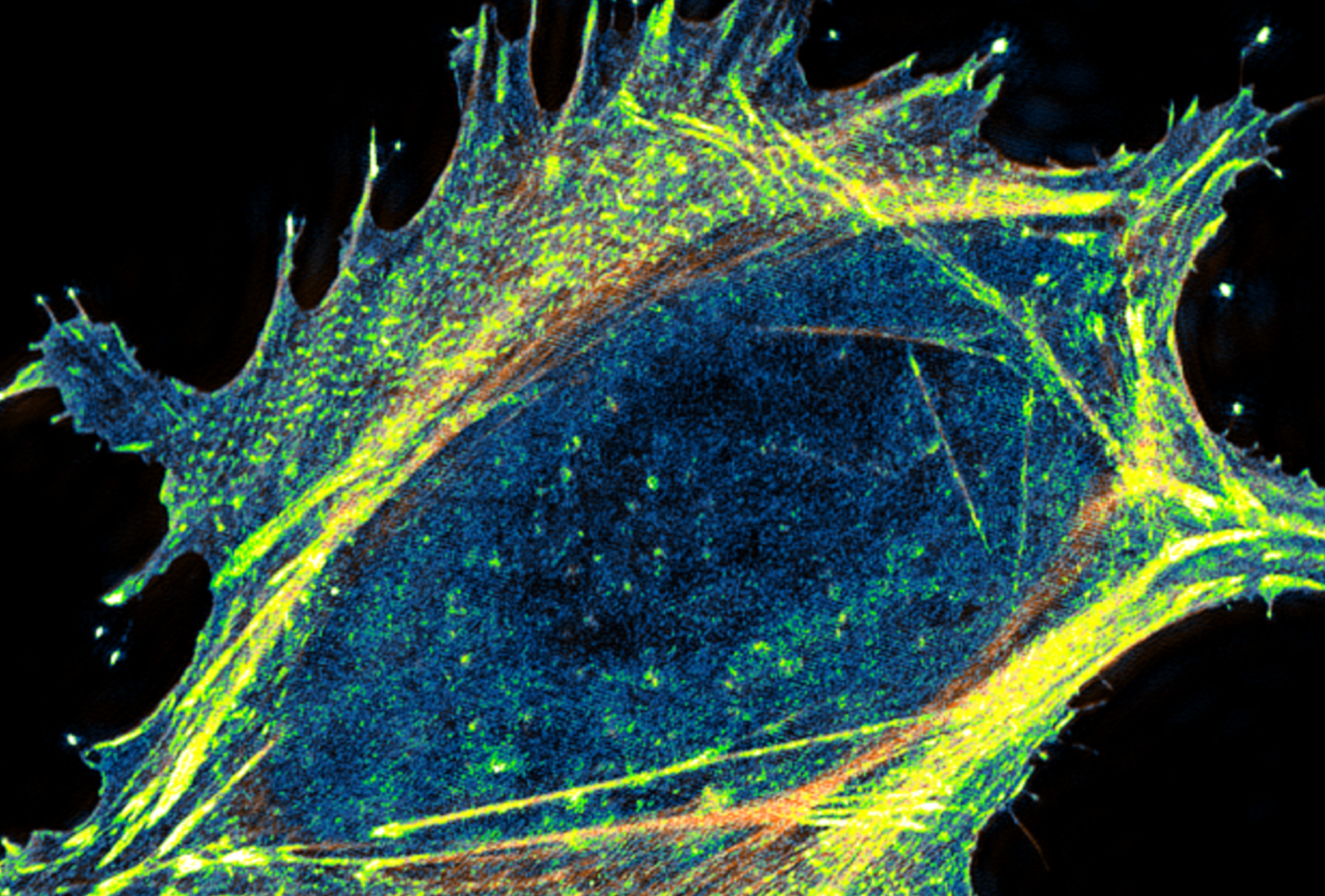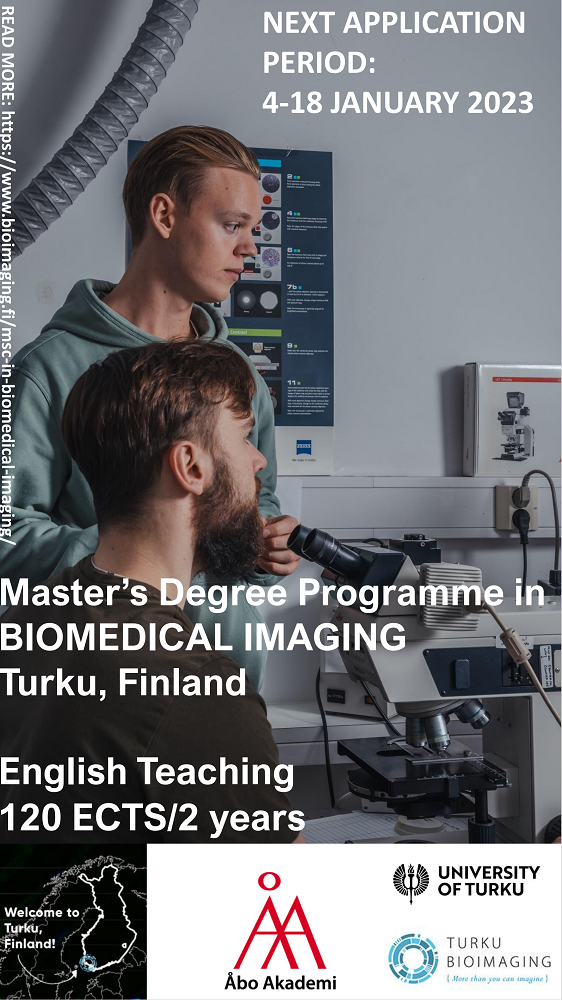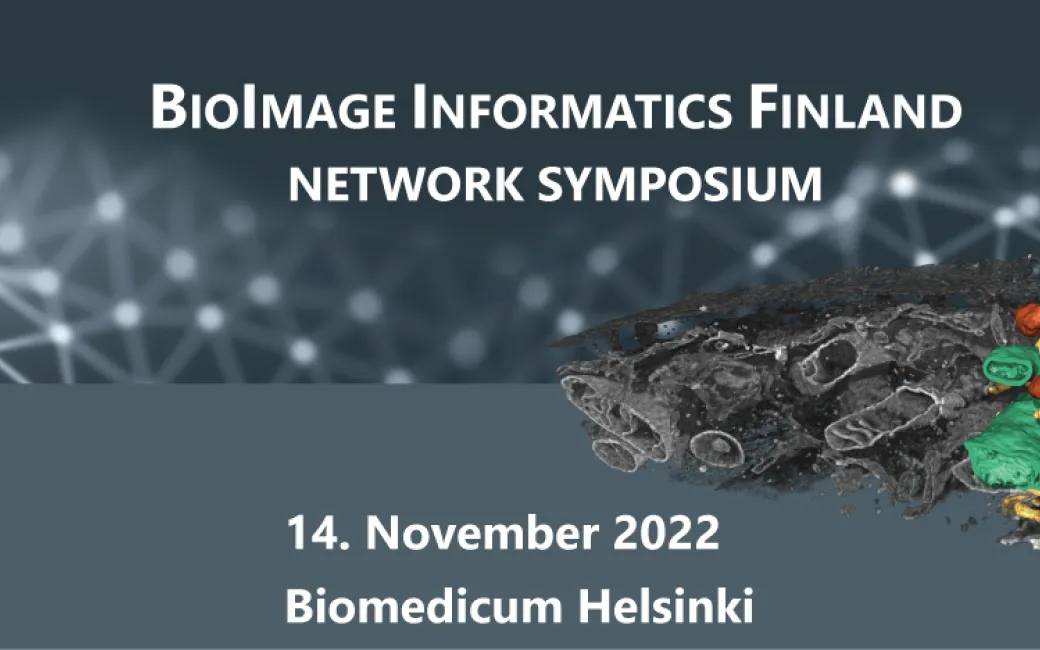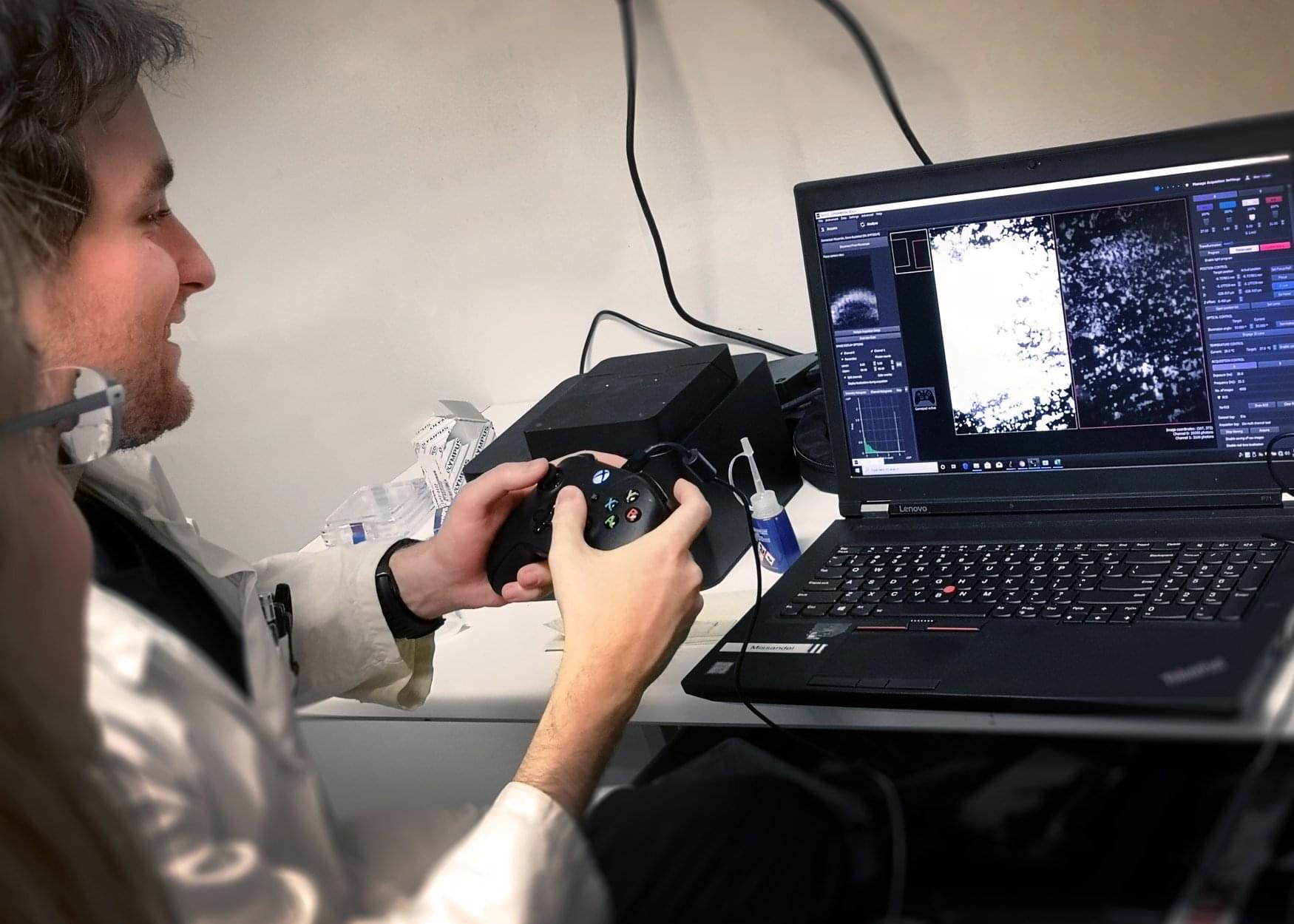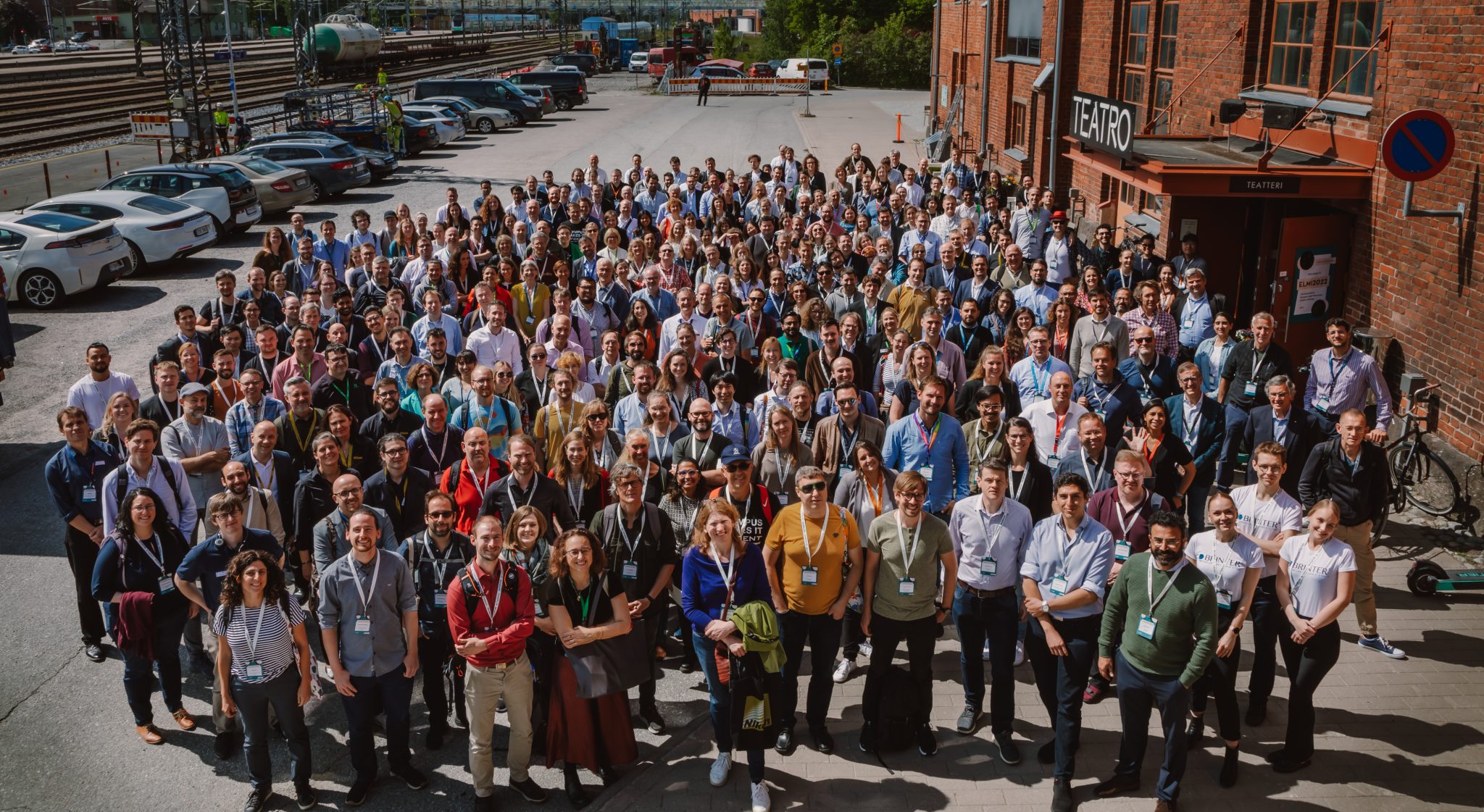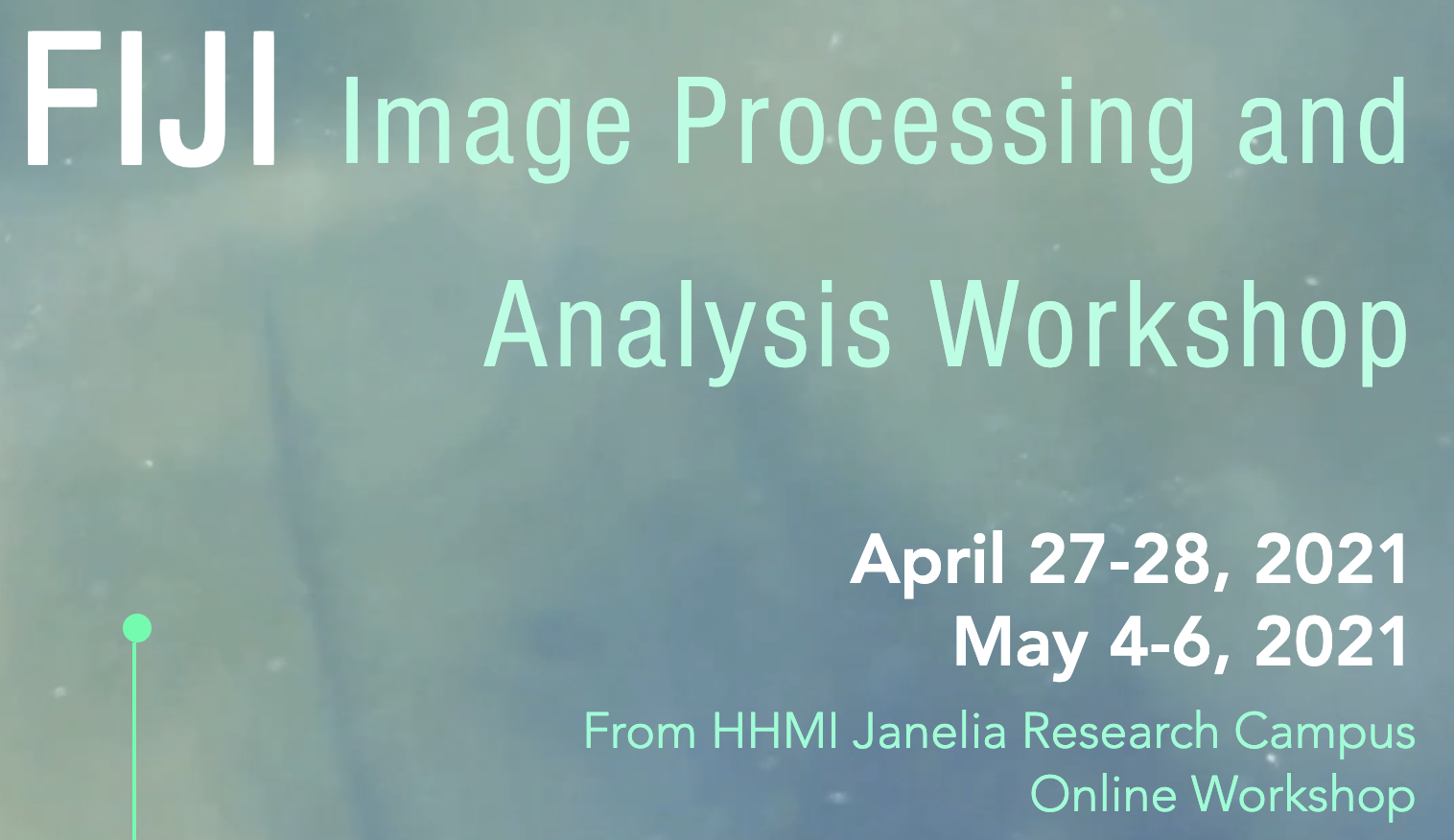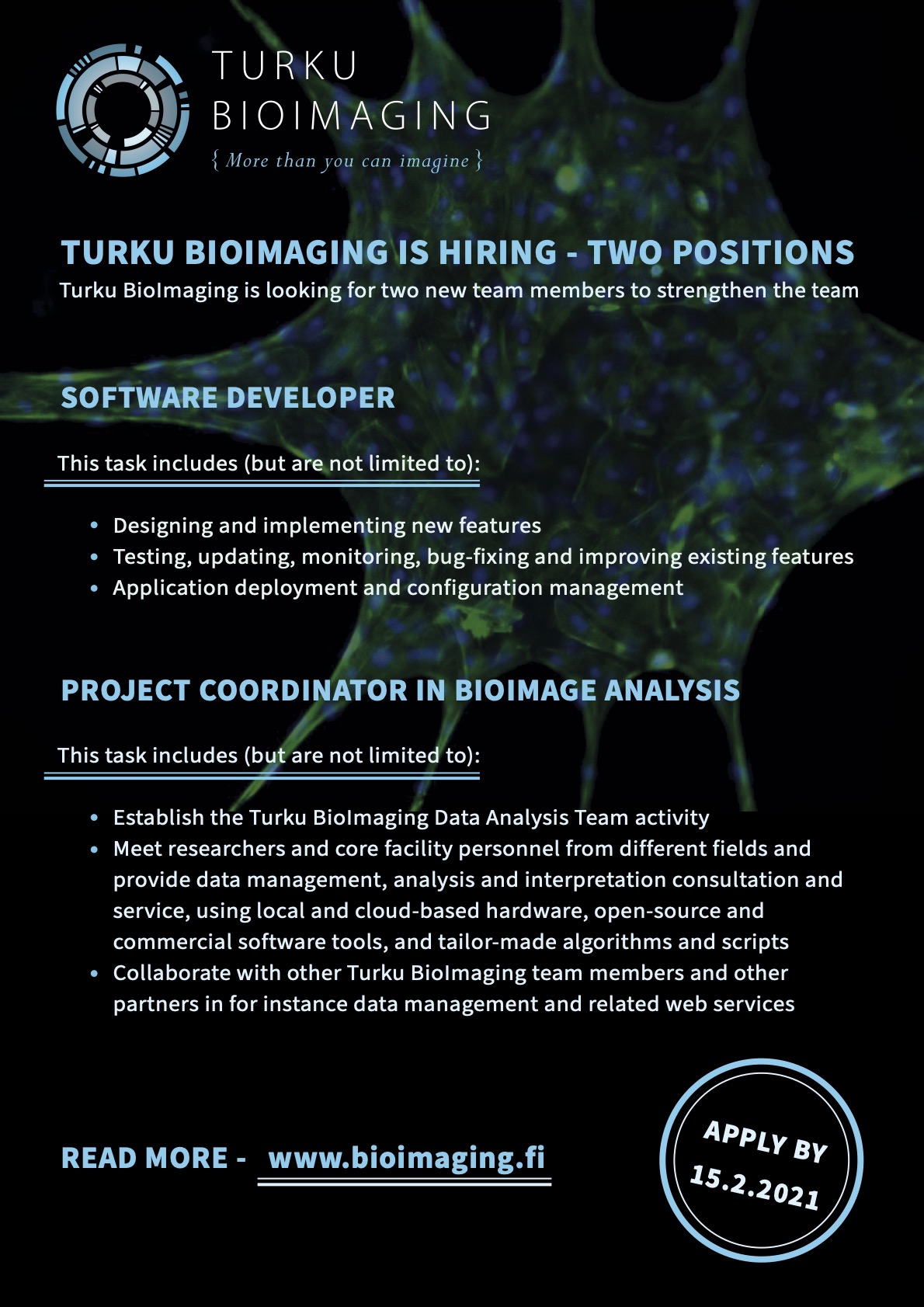Euro-BioImaging All Hands Meeting 2023
Euro-BioImaging Nodes were gathering for their first in-person All Hands Nodes Meeting 2023 at EMBL in Heidelberg, April 17-19. There was great opportunity to know more about the Euro-BioImaging family with the presentations and poster sessions from Nodes and partner organizations. Our Finnish Advanced Microscopy (FiAM) Node was presented by Jiri Funda and Dado Tokic. It was a very nice meeting with the opportunities for discussion and networking. Looking forward to next meeting in Torino!
“From Image Acquisition to Analysis and Data Storage” workshop in BioCity Turku
The Field of View Research Program, Turku BioImaging and Cell Imaging and Cytometry Core jointly organize the workshop “FROM IMAGE ACQUISITION TO ANALYSIS AND DATA STORAGE: available resources and good practices” on Wednesday 29.3. at 14:00 in BioCity Turku. At the workshop, you will learn how to navigate in the complex landscape of bioimaging techniques and how to properly execute all the steps of imaging workflow from image acquisition to data management. In addition, after the workshop, you will be familiar with the available resources at Cell Imaging and Cytometry Core and Turku BioImaging facilities and will know the responsible persons in the facilities. Please register latest by 21.03.23 here: https://link.webropolsurveys.com/S/E203560F01B43341 When: March 29th at 14:10 Where: BioCity Turku, Tykistökatu 6A, Turku
Light microscopy course organized by Helsinki BioImaging
Biomedicum Imaging Unit, Helsinki BioImaging organizes “Light Microscopy: From Basics to Advanced” course in February 2023. On-site lectures 09.02. – 10.02.2023 + demonstrations 13.02. – 17.2.2023 After completing this course the students should be able to explain the basic principles of light microscopy and microscopic image acquisition understand the most important steps of sample preparation for microscopy compare and contrast transmitted light and fluorescence methods compare and contrast widefield and optical sectioning microscopy methods know some basic and advanced research applications for the microscopy methods covered evaluate the suitability of covered microscopy methods for different research applications Detailed course content can be found here: https://www.helsinki.fi/en/news/life-sciences/dpbm-210-2023 Lectures are open for everyone. Register here by 31.01.23: https://studies.helsinki.fi/courses/cur/hy-opt-cur-2223-c1a91580-6159-4fbe-9b66-f8cc3b9492ec When: February 9th-17th, 2023 Where: Biomedicum, Haartmaninkatu 8, Helsinki
Image Analysis Basics course 2023
Turku BioImaging Image Data Team is organizing an Image Analysis Basics Course in 2023. This course will be organized in-person course with lectures and hands-on exercises mixed. Course Description: Image analysis course Feb-March 2023 Session 1 (24.2 / Pasi Kankaanpää): Friday 9-12 Basic concepts Session 2 (1.3 / Joanna Pylvänäinen): Wednesday 13-16 Image handling using Fiji Session 3 (3.3/ Junel Solis): Friday 9-12 Concepts and Hands-on exercises for segmentation, filters, particle analysis (shape and/or intensity analysis). Register here: https://link.webropolsurveys.com/S/2E24DD62253BA8A0
International Master´s Degree Programme in Biomedical Imaging in Turku, Finland
Call for applications for studies starting in August 2023 is opening on January 4th. Do you want to study in a stimulating research environment in a country with beautiful nature and high-tech innovations?Are you interested in studying Biomedical Imaging in the laboratories where Stefan Hell did his Nobel prize-awarded research with super-resolution?If your answer is YES, please read this email carefully! International Master´s programme in Biomedical Imaging is a two-year (120 ECTS) programme jointly administrated by the Faculty of Science and Engineering at Åbo Akademi University, Turku, Finland and the Faculty of Medicine at the University of Turku (Masters programme in Biomedical Sciences). Close cooperators are the national Turku PET Centre, Turku Center for Disease Modeling, Turku Centre for Biotechnology and the Turku University Hospital. The programme is aimed at students with a B.Sc. degree in the Life Sciences or applicable areas of biomedical sciences, physics, chemistry or engineering. The…
BioImage Informactics Finland Network Symposium 2022
3rd BioImage Informatics Finland symposium is organized by Helsinki Bioimaging at Biomedicum, Helsinki, Nov 14th 2022. The symposium brings together researchers and facility personnel working with analysis of microscopy images of cells and tissues to discuss the latest developments in bioimage informatics. The program includes four sessions focusing on applications, methods, software tools, and analysis services. After symposium dinner will be organized at participants own expense. The symposium is free but registration is required. The lecture hall holds room for 60 participants so we wish everyone who registers to also be present at the symposium. If you have registered but are unable to attend, please let the organizers know so that we can make room for other participants. For any inquiries, please contact Lassi Paavolainen (lassi.paavolainen@helsinki.fi). Registration deadline: November 6th, 2022 More information about the symposium can be found here: https://www.helsinki.fi/en/infrastructures/bioimaging/courses-and-news-archive/bioimage-informactics-finland-network-symposium-2022 When: November 14th, 2022Where: Biomedicum, sh.1-2 (bottom floor), Haartmaninkatu 8, 00290 Helsinki
New technologies are offered by the Finnish Node – ONI nanoimager and Mass spectrometry-based imaging (MSI)
Turku site of FiAM has been able to acquire a new instrument, the ONI nanoimager, that strengthens its focus on technologies in the field of super-resolution microscopy. This instrument allows quick and reliable single-molecule localization studies. Additionally, Turku has purchased the Hyperion Imaging mass cytometry system, which combines immunohistochemistry (metal ions coupled antibodies and markers) with mass cytometry, to rebuild an image of tissue sections or stained cells on a microscopic slide. This technology adds spatial imaging to our technology portfolio which was not available in FiAM Node. These new technologies are located at the Cell Imaging and Cytometry Core in Turku. This facility is part of FiAM and most of its other high-end instruments are already available to Euro-BioImaging users. All these new technologies complement the multimodal technology offer of FiAM excellently and have been requested both by local and outside users, and we believe they will greatly benefit…
EUROPEAN LIGHT MICROSCOPY INITIATIVE (ELMI) 2022 HELD IN TURKU
The 21st International European Light Microscopy Initiative (ELMI) meeting had a comeback in 2022 as an in-person meeting held in Turku, Finland (7-10 June 2022). ELMI 2022 was organized by Turku BioImaging, in collaboration with the Medical Faculty of the University of Turku, Euro-BioImaging Finland and Turku Bioscience. ELMI 2022 was a hybrid event, and a subset of the program, including the scientific presentation, was also available online. ELMI 2022 had over 500 participants, of which over 400 on site, and a very active program of talks, workshops, exhibition booths, poster presentations, discussions and social events. ELMI 2022 brought latest updates on the latest light microscopy developments, research, techniques, and instrumentation. During the morning sessions, international leaders were giving plenary lectures, while during the afternoon sessions, company workshops provided demos of the latest microscopy techniques and instruments. ELMI 2022 continued the successful tradition of bringing together microscopy users, developers, core facility staff,…
IMAGE PROCESSING AND ANALYSIS WORKSHOP BY JANELIA RESEARCH CENTER
Turku BioImaging presents: FIJI Image Processing and Analysis workshop organised by the Advanced Imaging Center at Janelia Research Campus in the USA: Combining careful image acquisition with rigorous image analysis allows the extraction of quantitative data from light microscopy images to answer various biological questions. This hands-on FIJI workshop will focus on basic and more advanced image analysis steps essential for quantifying image data. The first section of the curriculum will cover digital image basics, image processing fundamentals, Fourier transformation in image processing, object segmentation, intensity measurements as well as object-based and pixel-based colocalization. In the second, advanced section of the curriculum, we will explore how to use machine learning in image processing and segmentation, perform the evaluation of super-resolution image data, and analyze live-cell image data. The workshop will conclude with a lecture on advanced imaging techniques available to you at the Advanced Imaging Center at the HHMI Janelia Research…
Turku BioImaging is Hiring – Two Positions
Turku BioImaging is looking for two new team members to strengthen the team. We are currently looking for SOFTWARE DEVELOPER This task includes (but are not limited to): Designing and implementing new features Testing, updating, monitoring, bug-fixing and improving existing features Application deployment and configuration management READ MORE AND APPLY HERE PROJECT COORDINATOR IN BIOIMAGE ANALYSIS This task includes (but are not limited to): Establish the Turku BioImaging Data Analysis Team activity Meet researchers and core facility personnel from different fields and provide data management, analysis and interpretation consultation and service, using local and cloud-based hardware, open-source and commercial software tools, and tailor-made algorithms and scripts. Collaborate with other Turku BioImaging team members and other partners in for instance data management and related web services READ MORE AND APPLY HERE

